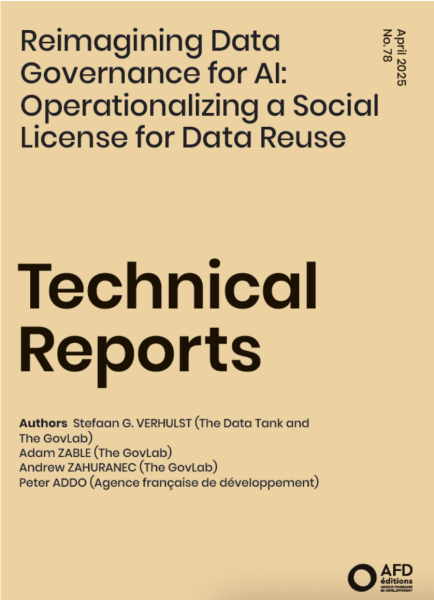Article by Raluca Csernatoni: “From the outset, the European Union (EU) has positioned itself as a trailblazer in AI governance with the world’s first comprehensive legal framework for AI systems in use, the AI Act. The EU’s approach to governing artificial intelligence (AI) has been characterized by a strong precautionary and ethics-driven philosophy. This ambitious regulation reflects the EU’s long-standing approach of prioritizing high ethical standards and fundamental rights in tech and digital policies—a strategy of fostering both excellence and trust in human-centric AI models. Yet, framed as essential to keep pace with U.S. and Chinese AI giants, the EU has recently taken a deregulatory turn that risks trading away democratic safeguards, without addressing systemic challenges to AI innovation.
The EU now stands at a crossroads: it can forge ahead with bold, home-grown AI innovation underpinned by robust regulation, or it can loosen its ethical guardrails, only to find itself stripped of both technological autonomy and regulatory sway. While Brussels’s recent deregulatory turn is framed as a much needed competitiveness boost, the real obstacles to Europe’s digital renaissance lie elsewhere: persistent underfunding, siloed markets, and reliance on non-EU infrastructures…(More)”


